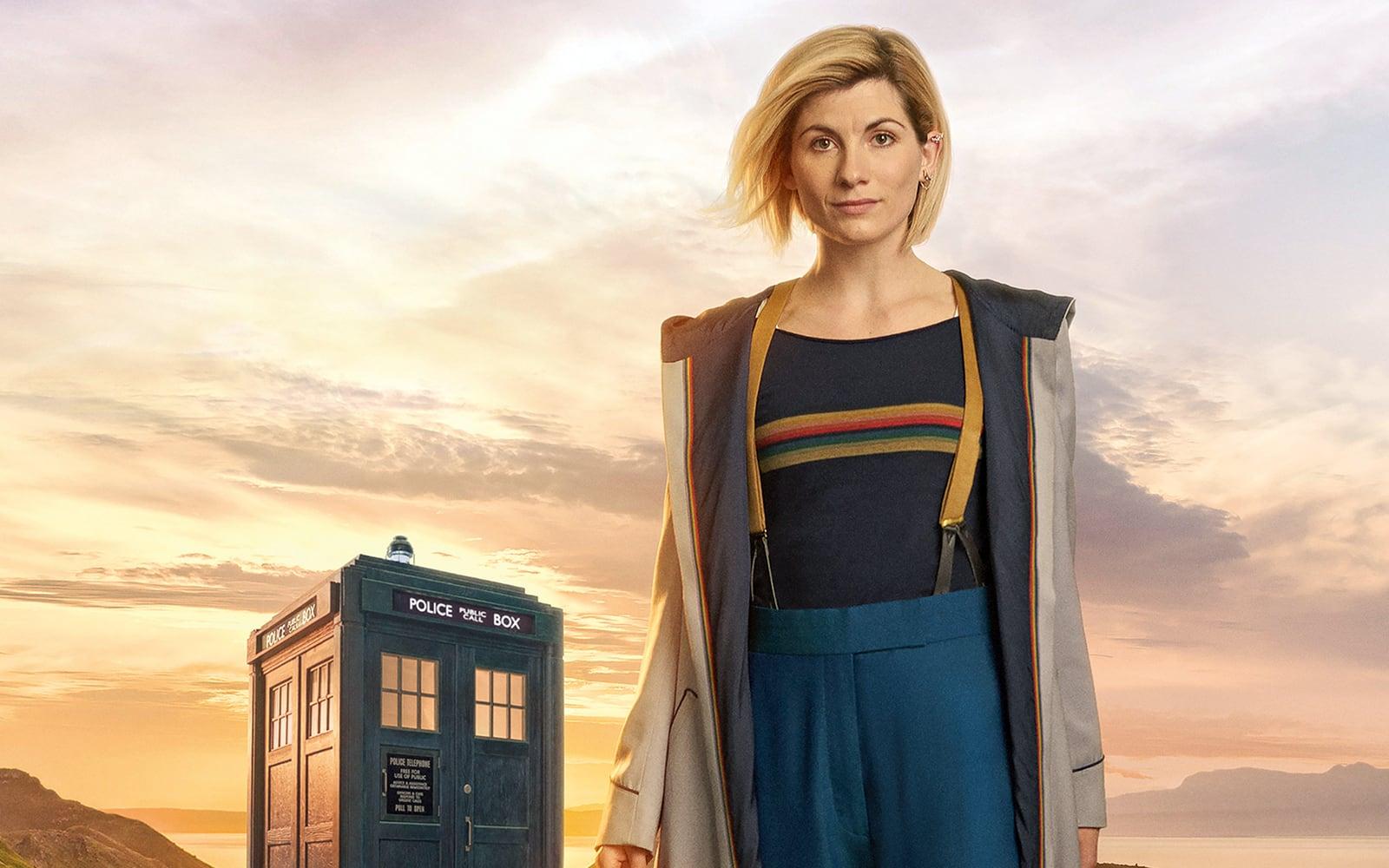
I’ve made no secret of my enjoyment of the latest Doctor Who season. Compared to the prickly, unpleasant curmudgeon that was Peter Capaldi’s Twelfth Doctor, Jodie Whittaker’s Thirteenth Doctor has been quite delightful. But one thing I noticed about Doctor Who’s latest season is its considerably lower stakes compared to those of previous seasons.
Over the Christmas holiday, I (finally) introduced my kids to Doctor Who. I went back and forth on where to start them off at, and ultimately decided on season five, which was the first for Matt Smith’s Eleventh Doctor. I’ve always liked Smith’s take on the Doctor: a surprisingly nuanced blend of goofy, youthful, world weary, and haunted. Season premier “The Eleventh Hour” is a delightful introduction to the character, with his meeting the young Amelia Pond and all. And finally, season five contains some truly wonderful episodes: the aforementioned “The Eleventh Hour,” “Amy’s Choice,” “Vincent and the Doctor,” and “The Lodger.”
But once we started watching, one thing I immediately noticed about season five (when compared to the latest season) was its epic arc and culmination. Questions surrounding the crack in Amelia’s wall and the Pandorica’s existence loom over nearly every episode. This leads to a season climax featuring the near-total erasure of the universe because of the exploding TARDIS, and the Doctor sacrificing himself to restore reality. Furthermore, it set up threads to be explored in the sixth season, namely the existence of the Silence and its threat to the Doctor and his companions.
Compared to all that, Doctor Who’s most recent season — that’d be the eleventh, if you’re keeping track — felt considerably smaller in scope. To be sure, there was some foreshadowing (e.g., the Remnants’ ominous statements to the Doctor in “The Ghost Monument”), but overall, the stakes felt much lower throughout the season.
There was no epic confrontation, no epic final stand for the forces of good. While season finale “The Battle of Ranskoor Av Kolos” brought back the Stenza villain from “The Woman Who Fell to Earth,” he was far from the big bad of older seasons. Indeed, while the finale was a nice end for the season, it did feel rather muted overall, especially for an episode featuring aliens that can manipulate reality with their psychic powers.
None of this is necessarily bad, but it was different than previous Doctor Who seasons. It certainly doesn’t diminish the season’s high points, specifically historical and political episodes like “Rosa” and “Demons of the Punjab” or “Kerblam!“ ‘s cheeky satire of Amazon and consumer excess. And of course, the Doctor and her three companions are all delightful in their own right, and I look forward to seeing more of their adventures. (I’m particularly fond of Graham. He experiences the most development of all of the main protagonists and also delivers the season’s most powerful moment in “Rosa.”)
Having said all that, Katherine Cross has a point when she laments the Thirteenth Doctor’s lack of internal conflict, writing “Whitaker’s Doctor needs doubt, she needs an inner life, and she needs to be truly tested. That struggle is the stuff that moral reasoning is made of — and it’s what made past Doctors, for their many flaws, relatable.”
Conflict, especially of the internal kind, makes for a good drama, and the fifth season, for all of Smith’s bowties, fezzes, and twirling around, is replete with the Doctor’s internal conflict… hence, good drama (along with all of Steven Moffat’s usual fantastical elements). And Doctor Who’s new showrunner Chris Chibnall should know a thing or two about conflict and drama; he created the excellent Broadchurch, one of the most powerful and affecting dramas I’ve seen in a long time.
While discussing this one night, my wife and I both agreed that while we like the new Doctor and her friends, the plotting of a season like number five is more interesting and entertaining overall. I certainly don’t want to see Doctor Who go all grimdark or have the Doctor go through an “Oncoming Storm” phase; Doctor Who shouldn’t simply copy what worked well in past seasons (I was a little disappointed by yet another Dalek popping up in the New Year’s special). Regeneration, after all, is at the heart of the series: new forms, new faces, new stories, and all that.
But I would like to see the Thirteenth Doctor’s optimistic, altruistic, “can do” attitude get challenged and run through the wringer a bit more. I just wish I didn’t have to wait until 2020 to see if that happens or not.